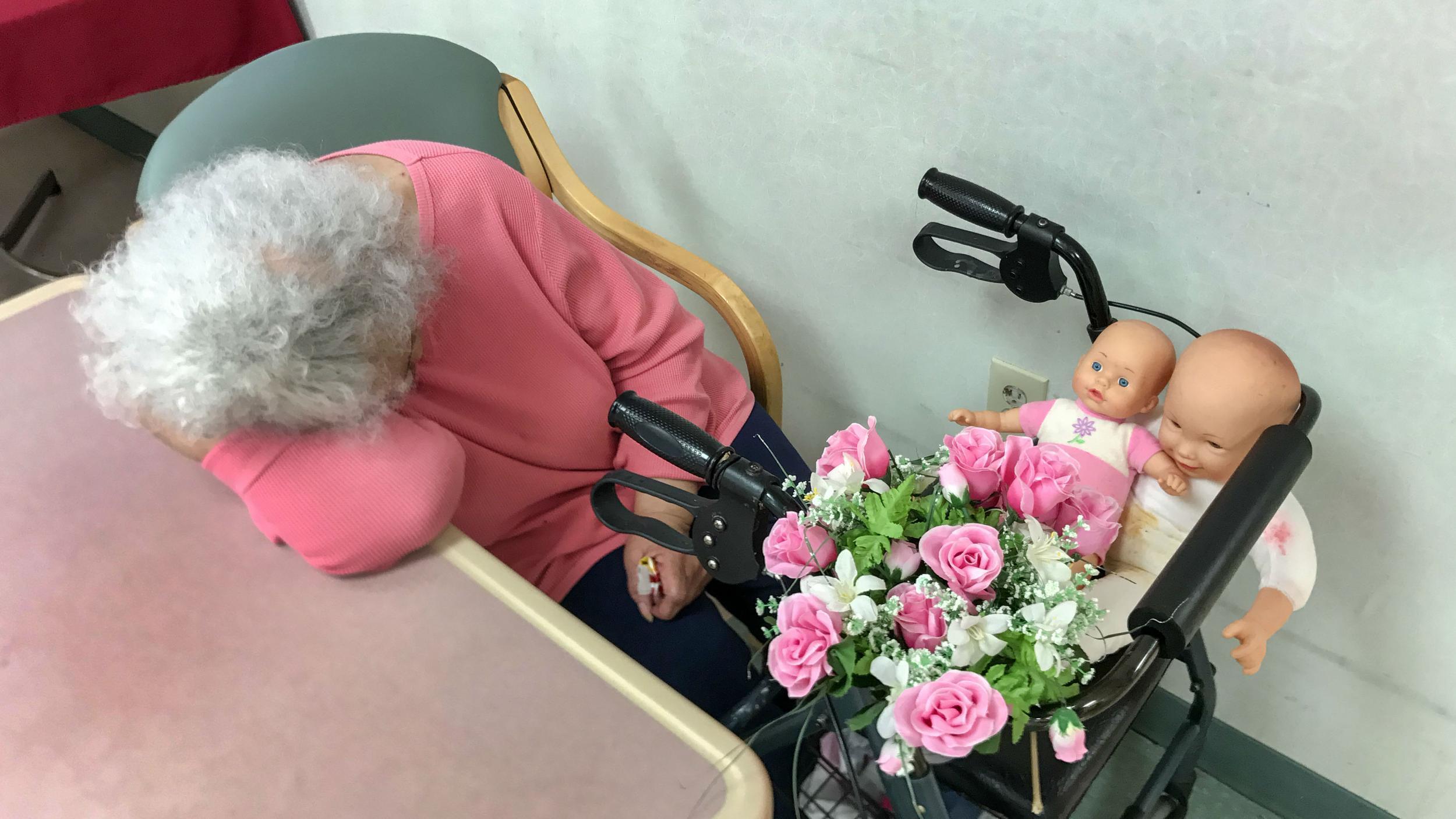US nursing homes misuse prescription drugs to control residents, says Human Rights Watch
Report says drugs often given without proper consent or permission

Your support helps us to tell the story
From reproductive rights to climate change to Big Tech, The Independent is on the ground when the story is developing. Whether it's investigating the financials of Elon Musk's pro-Trump PAC or producing our latest documentary, 'The A Word', which shines a light on the American women fighting for reproductive rights, we know how important it is to parse out the facts from the messaging.
At such a critical moment in US history, we need reporters on the ground. Your donation allows us to keep sending journalists to speak to both sides of the story.
The Independent is trusted by Americans across the entire political spectrum. And unlike many other quality news outlets, we choose not to lock Americans out of our reporting and analysis with paywalls. We believe quality journalism should be available to everyone, paid for by those who can afford it.
Your support makes all the difference.Nursing homes across the US are giving antipsychotic drugs to residents with dementia to control their behaviour, despite rules against the misuse of drugs as “chemical restraints”, a new report claims.
Even though the use of antipsychotic drugs on older people with dementia is associated with a nearly doubled risk of death, their routine use continues. In many cases, facilities administer the drugs without obtaining informed consent from either the residents or their families.
Using such medications for the convenience of staff or to discipline residents, violates federal regulations and can amount to a breach of international human rights law, claims the report by Human Rights Watch (HRW). However, it says even when facilities were found to have broken the rules, they were rarely punished.

“People with dementia are often sedated to make life easier for overworked nursing home staff, and the government does little to protect vulnerable residents from such abuse,” said Hannah Flamm, a New York University School of Law fellow at HRW.
“All too often, staff justify using antipsychotic drugs on people with dementia because they interpret urgent expressions of pain or distress as disruptive behaviour that needs to be suppressed.”
The report – They want docile: how nursing homes in the United States overmedicate people with dementia – claims that every week, as many as 179,000 people, mostly older and living with dementia, are given antipsychotic drugs without an appropriate diagnosis.
The report is based on visits by HRW researchers to more than 100 nursing homes located in six US states and interviews with people living in facilities, relatives and staff. It also includes interviews with experts on long-term care and disability, and government officials.
The report says 1.1 million people aged 65 and above lived in around 15,600 nursing facilities in 2017. Medicaid, the main US public health insurance programme for people with low incomes, which is jointly administered by the federal government and the individual states, is the primary payer for this form of long-term care.
Antipsychotic drugs were developed to treat psychiatric conditions, such as schizophrenia. The Food and Drug Administration (FDA) requires manufacturers to label them with the strongest warning, the report claims.
It says federal regulations bar using the drugs without adequate indication for use or appropriate monitoring. While the administration of Barack Obama said it was planning to strengthen regulations around their use, in November 2017, the Centres for Medicare and Medicaid Services (CMS) announced a moratorium on this.
The report quotes a 62-year-old woman who says she was given Seroquel without her knowledge or consent at a nursing facility in Texas.
“It knocks you out. It’s a powerful, powerful drug. I sleep all the time. I have to ask people what the day is,” she said.
The daughter of a 75-year-old woman recalled that when a nursing facility in Kansas put her mother on an antipsychotic drug she “would just sit there like this”. She added: “No personality. Just a zombie.”
The American Health Care Association represents more than 13,000 care homes across the US.
Dr David Gifford, the group’s vice president, said in a statement: “It’s important to note that the CMS measure does not equate with inappropriate use. It captures many people with FDA-approved diagnoses, such as bipolar disease and refractory depression. CMS inspects and reviews the use of these drugs and most are found to be appropriate.
“These types of drugs can also increase the risk of complications in the elderly living with dementia, which is why our members support safely reducing usage through a person-centred approach to care.”
Join our commenting forum
Join thought-provoking conversations, follow other Independent readers and see their replies
Comments